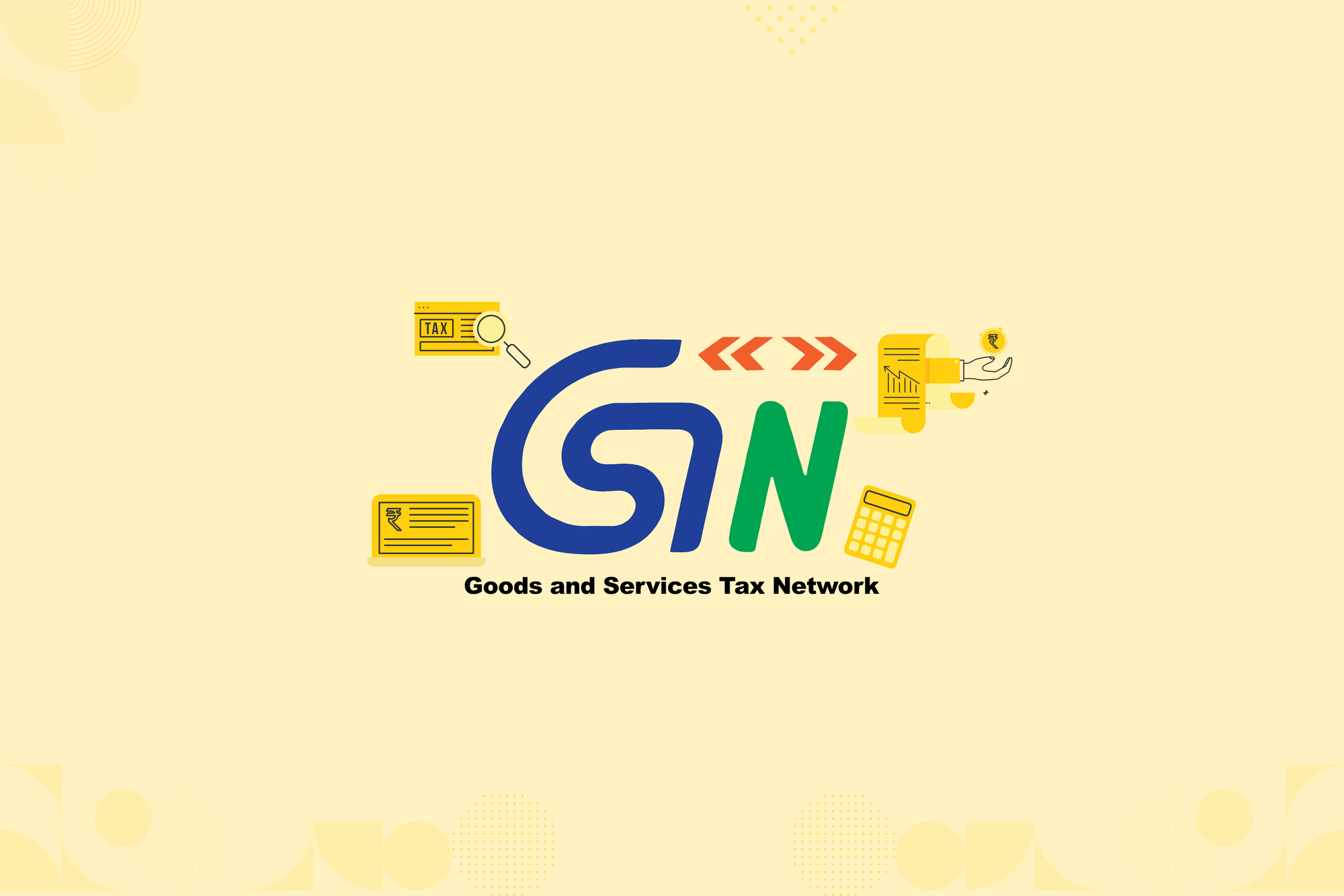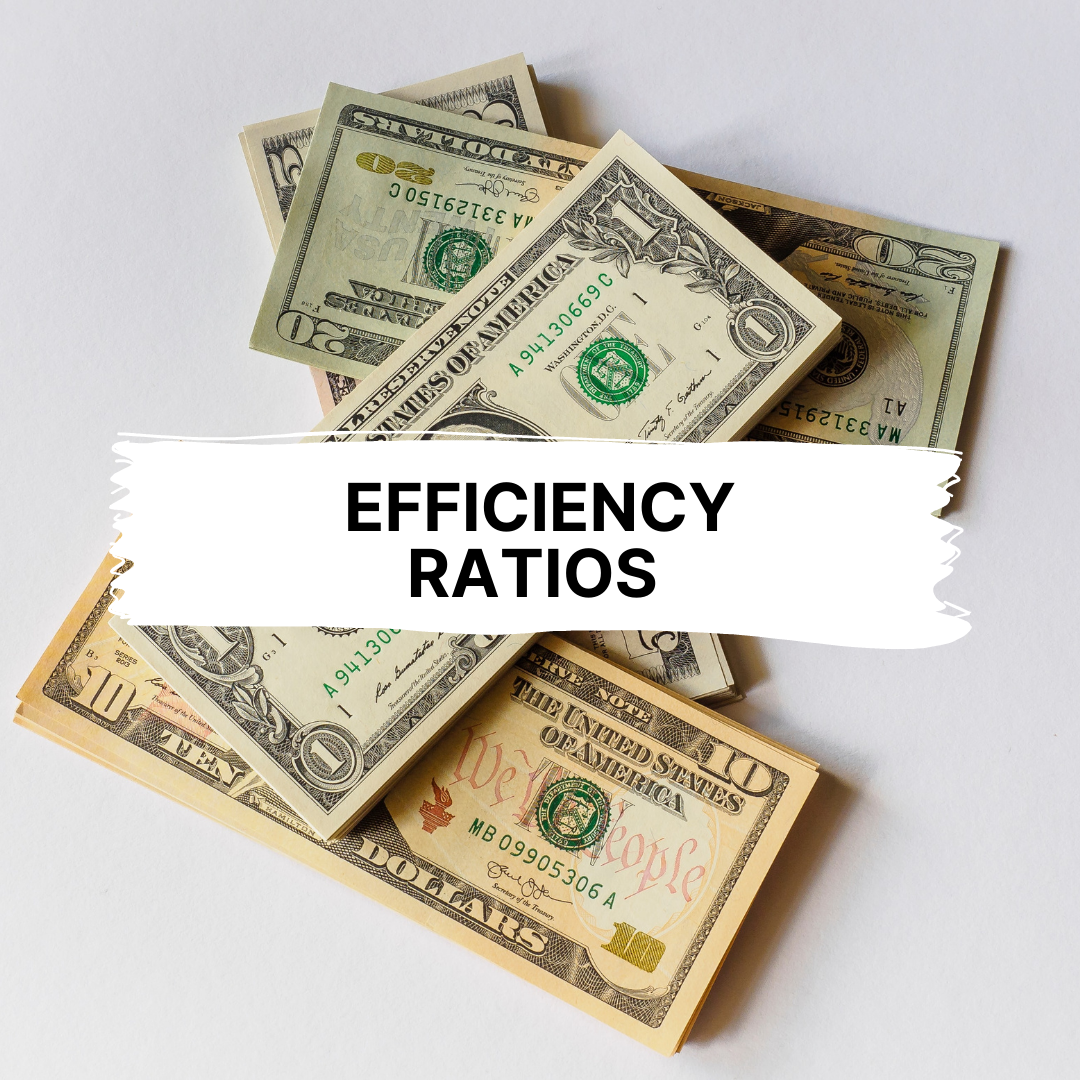A works contract is a service contract that includes the provision of commodities to carry out the contract. As a result, works contracts combine service and the transfer of products. Construction of a new building, erection and installation of plant and machinery are examples of works contracts.

This article will discuss various aspects of the Works contract after the Goods and Service Tax (GST) regime came into play, including its impacts and the GST rates on works contracts.
What are Works Contracts?
A works contract is a contract that is issued for the construction, installation, erection, repair, renovation, maintenance, and alteration of any movable or immovable property, as well as the sale of goods. As a result, a works contract entails providing taxable service and the sale of a taxable commodity. The service element of a works contract is subject to service tax.
Transfer of property in goods (a tax on the sale of goods will be imposed.) is included in the works contract. Plus, the performance of any of the services- Installation of electrical and electronic devices or other installations for ventilation, or air-conditioning, including related pipework, thermal insulation, sound insulation, and fireproofing, construction of a new building, a civil construction, a portion thereof, or a pipeline or conduit, primarily for commercial or industrial reasons.
For example, a new residential complex is being built. Services include completion and finishing, repair, alteration, renovation, restoration, and similar services.
Impact of Pre-GST scheme on Works Contract?
According to the former law, works contracts included three types of taxable activity. It included both the provision of commodities and the provision of services. It was considered a taxable event if a new product was generated as part of the works contract. Previously, the delivery of commodities was subject to VAT, while the provision of services was subject to service tax.
Central Excise duty was imposed if a new product appeared during the completion of a works contract. As a result, various regulations are applied to different components of the same activity.
It resulted in a great deal of ambiguity regarding treatment and taxation. This is why there have been so many legal conflicts over works contracts. The GST tries to eliminate the legislator's ambiguity.
The contract is applied as an indivisible contract with no adjustments made in order to charge VAT on the sale of products used in the execution of the works contract. Following this ruling, the government amended the Indian constitution to include Article 366 (29A)(b), allowing state governments to collect a tax (VAT) on the transfer of property in goods (whether as to products or in some other form) involved in the execution of a works contract.
The service part included in the execution of the works contract was a declared service under Section 66E of the Finance Act of 1994.
As a result, Service Tax could only be applied to the service portion of the works contract. Rule 2A established the standards for separating the value of items.
So the goods element of the works contract was taxed by the states using various formulas and procedures outlined in the State Act to identify the goods portion of the works contract. In contrast, the services portion was taxed by the federal government using the service tax.
Before the GST regime, however, there was a great deal of ambiguity and disagreement about valuation, classification, and rates in relation to works contracts.
Works Contract under GST in India
Works contracts have been limited under the GST Law to any work done on moveable property. Works contracts as stated above are classified as "Supply" under paragraph 6(a) of Schedule II of the CGST Act. As a result, a works contract is clearly defined as a supply of service under GST. In this essay, we'll take a closer look at the GST on employment contracts.
In simple terms, a works contract is primarily a service contract that may also include the supply of commodities as part of the contract's execution. It is essentially a composite supply of both services and goods, with the service aspect predominating in the parties' contract.
Unlike previous VAT and Service Tax legislation, the Works Contract has been limited to any work performed for an "Immovable Property" under GST. The law previously considered contracts regarding movable property.
A "works contract," as defined by the GST, is a contract that includes everything from construction to modification, repair, maintenance, renovation, alteration, or commissioning of any immovable property, and in which the transfer of property in goods (regardless as goods or in another form) is involved in the execution of such contract.
Any composite supply on items, such as a fabrication or paint job in a car body shop, will not be covered by the GST definition of term works contract. These contracts would still be composite supplies, but they would no longer be deemed Works Contracts for GST purposes.
Impact of GST Scheme on Works Contract
As a result, the GST has clarified the taxation situation. This indicates that a works contract will be considered as a service, with tax applied accordingly (rather than as goods or part goods/part services).
This view of works contracts as a service rather than a supply of things will add much-needed clarity to the contracts. Various states had different VAT regimes under the previous administration. There were various composition schemes, each with its VAT rate. The service tax was also complicated, with a 60% exemption on new works and a 30% abatement on repair contracts. GST eliminates this problem by using a far more easy formula.
GST would influence pricing, working capital, vendor and customer contracts, ERP systems, operations, and accounting, among other things. As a result, GST would have an impact on every part of the company.
- Litigation over various issues like valuation, classification is always a possibility under the context of a construction contract. GST will likely reduce litigation in this area by combining various levies into one.
- Article 366 (29A) (b) empowers state governments to tax the products element of a construction contract. Furthermore, under section 66E of the Finance Act 1994, the service portion of a works contract is designated service.
Accessibility of Composition Scheme under GST
From April 2019, works contractors with a turnover of up to Rs.50 lakhs stood eligible for the composition scheme.
The Composition Scheme is an essential and straightforward GST scheme for taxpayers. Small taxpayers can avoid time-consuming GST paperwork by paying GST at a predetermined rate of turnover. Any taxpayer having a turnover of INR 1.0-1.5 crores is eligible to participate in this scheme.
Previously, service companies were excluded from the composition system, which was only open to goods suppliers.
This was a significant setback for tiny subcontractors who were unable to use the composition method. They were compelled to register under the standard taxation plan, which increased their compliance requirements and expenditures. Small service providers might benefit from the composition scheme now that it has been extended to them.
Input Tax Credit
GST brought about a fundamental change in the primary mechanism of Input credit tax under GST.
The tax paid by a firm on purchase is used to lower the tax burden when a sale is made, and this tax is known as the input tax credit. The value contributed at each level of the supply chain until it reaches the consumer is the basis for the taxation charge.
Input credit refers to the ability to reduce the tax already paid on inputs while paying output tax. Assume you're a manufacturer, and the final product(output tax) is priced at INR 550. The purchase (Input Tax)is INR 400. You can claim a Rs 400 Input Credit and pay Rs 150 in taxes.
If you are subject to the GST Act, you can use the Input Credit Mechanism. This implies that if you are a GST-registered manufacturer, supplier, agent, e-commerce operator, aggregator, or any of the other people listed below, you can claim INPUT CREDIT for the tax you paid on your purchases.
According to section 16. (1) of the CGST Act, a registered person is entitled to save input tax charged on supply of goods or services or both, used or intended to be used in the course or furtherance of his business.
Work contract services have been confined to the recipient under Section 17(5)(c) of the CGST Act 2017 when given for the construction of immovable property except for plant and machinery unless it is an input service for the continued provision of work contract services.
As a result, ITC for works contracts can only be collected by someone in their line of business who is employing the services they have received to supply more works contract services. For example, a construction developer might employ a subcontractor to finish a piece of the project. The subcontractor will include GST in the tax invoice provided to the prime contractor. The primary contractor will be eligible to claim ITC on the tax invoice raised by his subcontractor because his output is a works contract service.
However, the following scenarios will be eligible to claim input tax credit even if the output is not works contract services:
1) According to the Explanation in Section 17(5)(c), the term "construction" includes re-construction, renovation, additions, adjustments, or repairs to the abovementioned immovable property to the amount of capitalization.
Suppose the beneficiary has employed any work contract services that have not been capitalized for the aforementioned immovable property. In that case, the recipient may be eligible for a credit for the same, subject to specific requirements.
2) Plant and machinery, when permanently anchored to the earth, maybe considered immovable property. When work contract services are used to build plant and machinery, the ITC of the tax paid to the works contractor is accessible to the receiver, regardless of the recipient's business. This is because works contracts for plant and machinery fall under the negative list's exclusion provision, and ITC would be payable if utilized in the course or further business.
Works Contract Rate under GST
The GST rate would be critical for any industry to assess the exact impact on its operations. Varying states have different VAT rates. Whether Kerala's VAT rate of 7% is under composition or standard will be crucial, as if it is not under composition, ITC will be available. In India, the ST is as follows:
a. If VAT is paid on actuals with ITC (say, material cost + margin = 73 percent) when the material cost is determinable. Then STR can be paid at the current rate of 27 percent x 15 percent. The excise charge of 12.5 percent on the commodity in this example ( 7% ) is also an IDT expense. In some situations, the combination of entry tax and procurement under the CST could cost additional. As a result, the total tax burden could be nearly 22% at the moment.
b. If VAT is paid on government figures, VAT may be paid on 70% ( 7% ) and ST on 40% ( 6% ) + CED ( 7% ) + cascading as described above. Around a quarter of a percent.
c. If VAT is paid as part of a composition, the composition rate is +++—approximately 22%.
Contractors may be able to save money if the rate is 18 percent. Properly documented purchases, on the other hand, maybe ensured. It would also be critical to notice whether the merit rate will be used and whether the Works Contract's composition under GST is available. GST would undoubtedly help the construction contractor.
Valuation of GST Work Contracts
Value of works contract service is implied by the contract, which involves transferring property to a designated place. The value of a supply of service and the valuation of works contracts under GST that involve the transfer of ownership in the area or an undivided share of the domain is: –
Total Amount For Such Supply =
Total Amount Charged For Such Supply (-) The value of a land share or an undivided land stock.
The total price will include the fee for the services listed above and the fee for the land transfer.
The land should be valued at one-third of the entire sum charged for supplying products and services.
Place of Supply under GST
A GST works contract would necessitate transportable property. As a result, where the supplier and recipient are in India, the site of supply is governed by Section 12 of the IGST Act, 2017. The source of supply would be the location of the immovable property.
The provision to Section 12(3) of the IGST Act, 2017 determines the place of supply where the immovable property is located outside of India. Still, both the supplier and the beneficiary are in India.
Section 13(4) of IGST Act 2017 states that the place of supply is where the immovable property is located or proposed to be located when either the Supplier or the Recipient is located outside India.
Documentation for Works Contract under GST
Each registered person implementing the works contract should have separate accounts for works contract exhibiting the following details, according to Rule 56 (14) of the CGST Rules:
- The name and address of the person that is carrying out the works contract on their behalf;
- Explanation, value, and amount of products or services received in connection with the performance of a work contract;
- Product or service description, value, and quantity used in the execution of the works contract;
- The specifics of any payment received in connection with a Works contract;
- The name and address of the supplier from whom the products or services were acquired;
- Under the GST, the place of supply is under a works contract.
- Under GST, the place of supply for works contracts shall include moveable property. The supplier's and addressee's supply areas must be located in India exclusively, according to Section 12(3) of the IGST Act. The immovable property should be located at the point of supply.
The works contract should be classified as a provision of service under the GST regime, according to subclause (f) of clause 5 of Schedule II. As a result, under Section 13, the time of service supply shall be the earliest of the following:
(a) When the invoice is issued
(b) When the invoice is due under Section 28
(c) When the payment entry for the supply of services is entered in the books of accounts
(d) When the payment is credited to the supplier's bank account.
How can Deskera help?
Deskera is an all-in-one software through which you can combine accounting, financial management, inventory management, and many more such features using Deskera Books.
While the taxation regimes followed by most countries tend to be intimidating and nerve-wracking, the key to understanding them is by starting to understand each of their nitty-gritty. In the case of GST in India, this involves understanding the Forms GSTR-1, GSTR-2A, GSTR-2B, GSTR-3B, the difference between GSTR-9 and GSTR-9C, reverse charge mechanism under GST, and many more such details.
Deskera Books is a user-friendly accounting system that is equipped with a plethora of features to assist you. Besides managing products, services, and inventory, we also manage journal entries.
With our software, it becomes quite easy to handle cash flow statements, profit and loss statements, income statements, and balance sheets.
Key Takeaways
A works contract is a contract that includes both service or labor and the transfer of goods. In a works contract, the contractor undertakes to perform a specific project to transfer particular products to the contractee. A works contract is defined as an agreement for the construction, manufacture, processing, fabrication, or commissioning of any movable or immovable object.
A contract of works can refer to both mobile and immovable property in general. A works contract regarding immovable property, for example, would be a subcontract for building work undertaken by a subcontractor.
Immovable property is linked to and associated with works contracts under GST. When both the provider and the recipient are in India, the place of supply should be where the immovable property is located. If the immovable property is situated outside of India and the supplier or recipient of goods and services is in India, the place of supply will be the recipient's location. Where the supplier or receiver is located outside of India, the supply site should always be an immovable property in India.
Unlike previous VAT and Service Tax legislation, the Works Contract has been limited to any work performed for an "Immovable Property" under GST. The law previously considered contracts regarding movable property.
Related Articles




.
.







